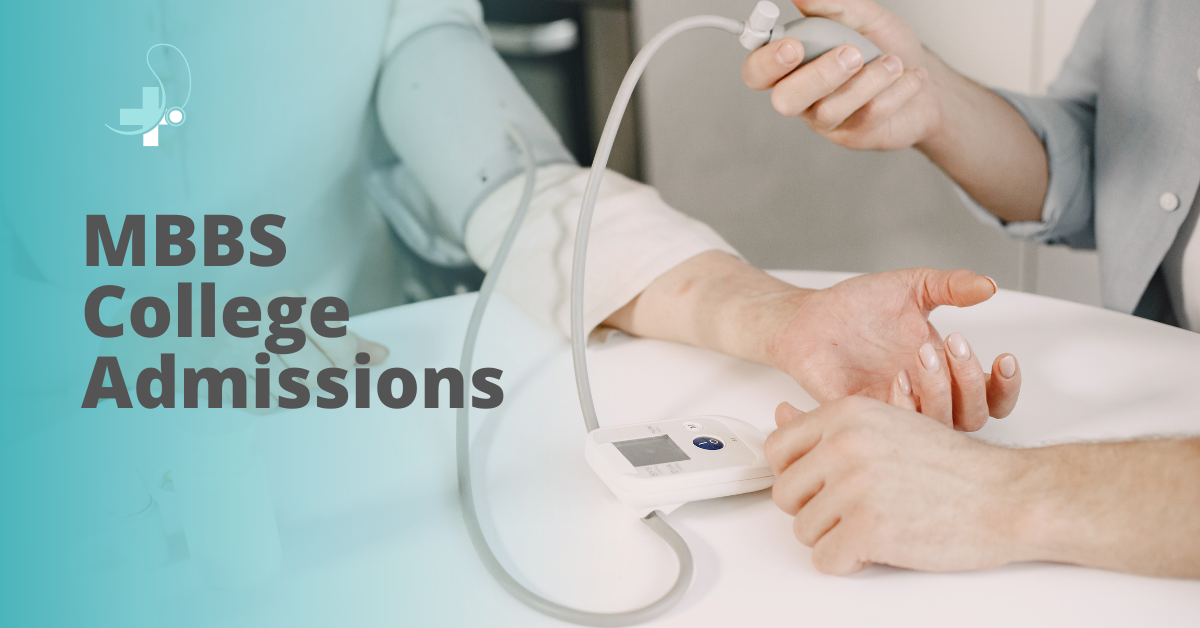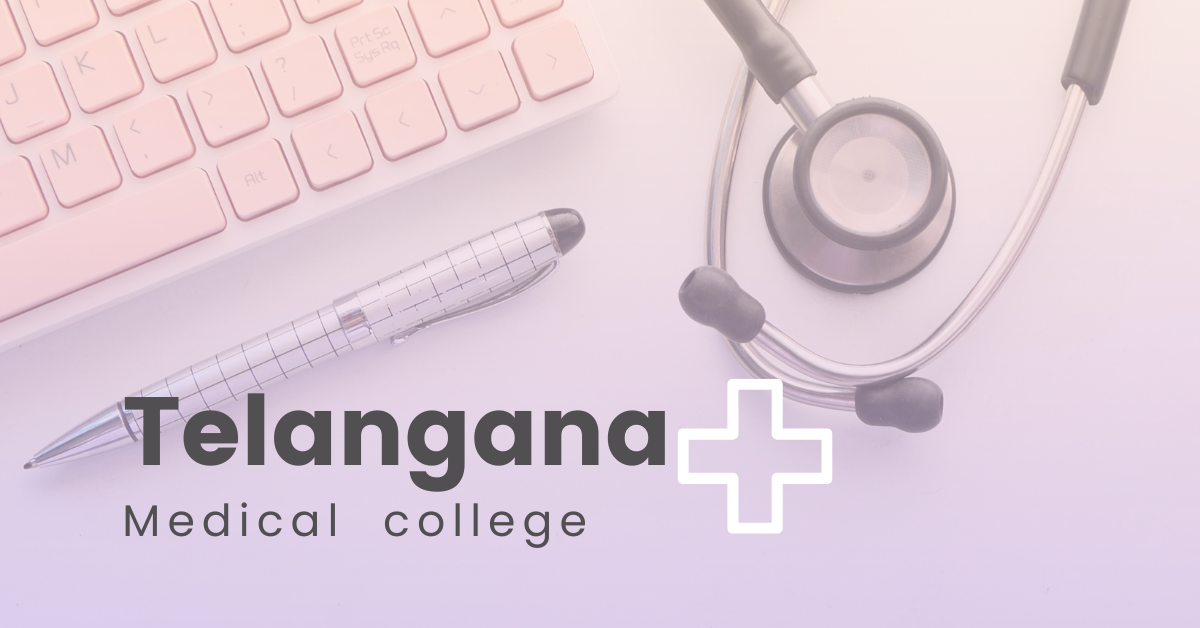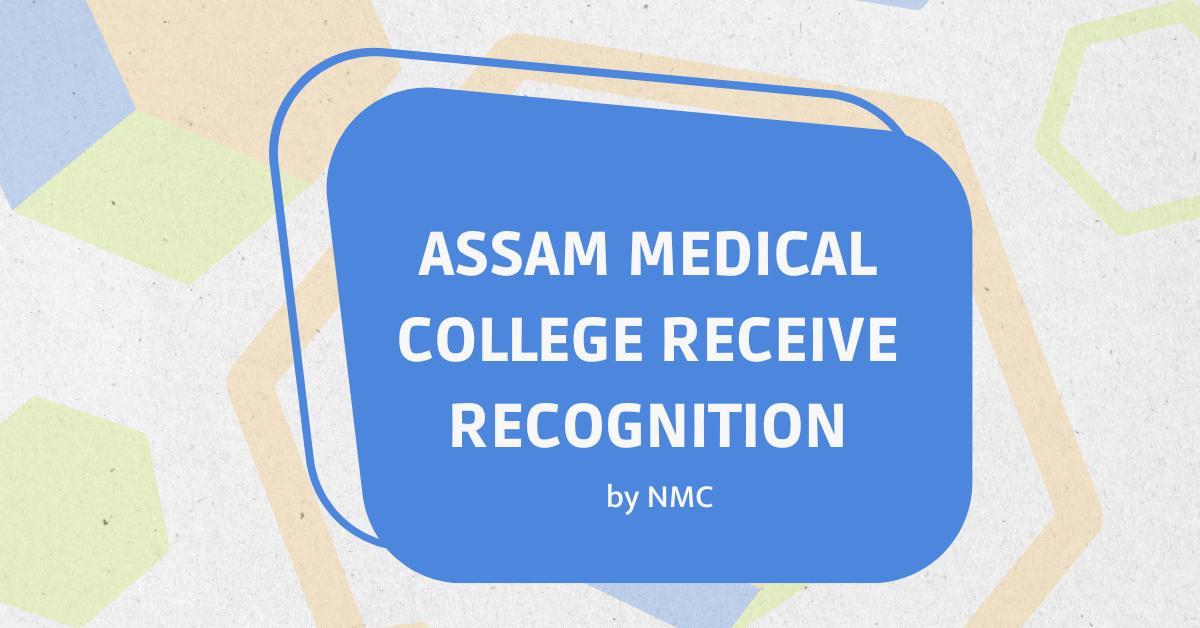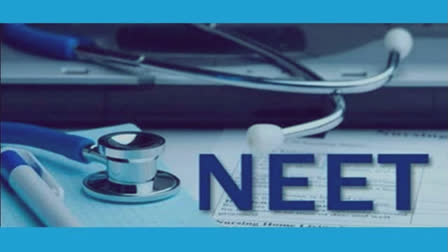MBBS college Admissions: Jammu and Kashmir
For aspirant medical students who want to follow their aspirations of becoming doctors, Jammu & Kashmir provides wonderful prospects. The National Testing Agency (NTA) conducts the NEET UG entrance exam once a year to determine admission to MBBS colleges in the state. The finest MBBS colleges in Jammu & Kashmir will be covered in this article, along with the admissions procedure and counselling.
Intake for MBBS in Jammu & Kashmir
In Jammu and Kashmir, admission to MBBS programmes is extremely tough and determined by how well applicants perform on the NEET UG entrance exam. The counselling process and seat distribution for the MBBS programme are handled by the Board of Professional Entrance Examinations for Jammu and Kashmir (BOPEE).
NEET UG and the Requirements
Candidates must pass the NEET UG test in order to be considered for MBBS admissions in Jammu & Kashmir. Age limitations, educational requirements, and a minimum NEET UG score are also part of the eligibility requirements.
Seating allocation and the counselling process
In Jammu and Kashmir, the counselling procedure for MBBS admissions is carried out online. Candidates must submit their applications by the deadline after the application form is made available. Following that, the candidates who qualify for counselling are listed on a provisional merit list.
Counselling sessions
There are three stages in the counselling process: round 1, round 2, and mop-up round. After these rounds, a college-level “stray vacancy round” is held if there are still open seats.
Allocation of Seats and Choice Filling
Candidates must write up a list of the colleges they want to attend during the counselling process. The seats are distributed by BOPEE in accordance with the reservation requirements, the choices made by the candidates, and their standing on the state merit list.
Presenting at The Designated College
Candidates whose places in MBBS colleges have been confirmed must report to those colleges in order to complete the admissions process. The candidates must submit all required paperwork and finish the admissions requirements within the allotted deadline.
Roster Rounds
After the first round of counselling, if there are still open seats, a vacancy round is held to fill them. These rounds make sure that every seat is used effectively and that no possibilities are lost.
Leading medical schools in Jammu and Kashmir
Here are some of the best medical schools in Jammu and Kashmir if you want to study MBBS there:
- Government Medical College, Jammu
- Government Medical College, Srinagar
- Sher-i-Kashmir Institute of Medical Sciences, Srinagar
- Acharya Shri Chander College of Medical Sciences, Sidhra
- All India Institute of Medical Sciences Vijaypur
- Government Medical College, Doda
- SKIMS Medical College Hospital, Bemina
- Government Medical College, Anantnag
- Government Medical College, Baramulla
- Government Medical College, Rajouri
- Government Medical College, Handwara
For students pursuing an MBBS degree, these universities offer top-notch facilities, knowledgeable professors, and a supportive learning atmosphere.
Jammu and Kashmir’s MBBS college admissions are determined by the NEET UG entrance exam. The BOPEE’s counselling procedure ensures equitable seat distribution based on candidates’ preferences and merit position. To ensure a spot in their top college, prospective medical students must keep informed about the admissions process and fulfil the essential prerequisites.





























